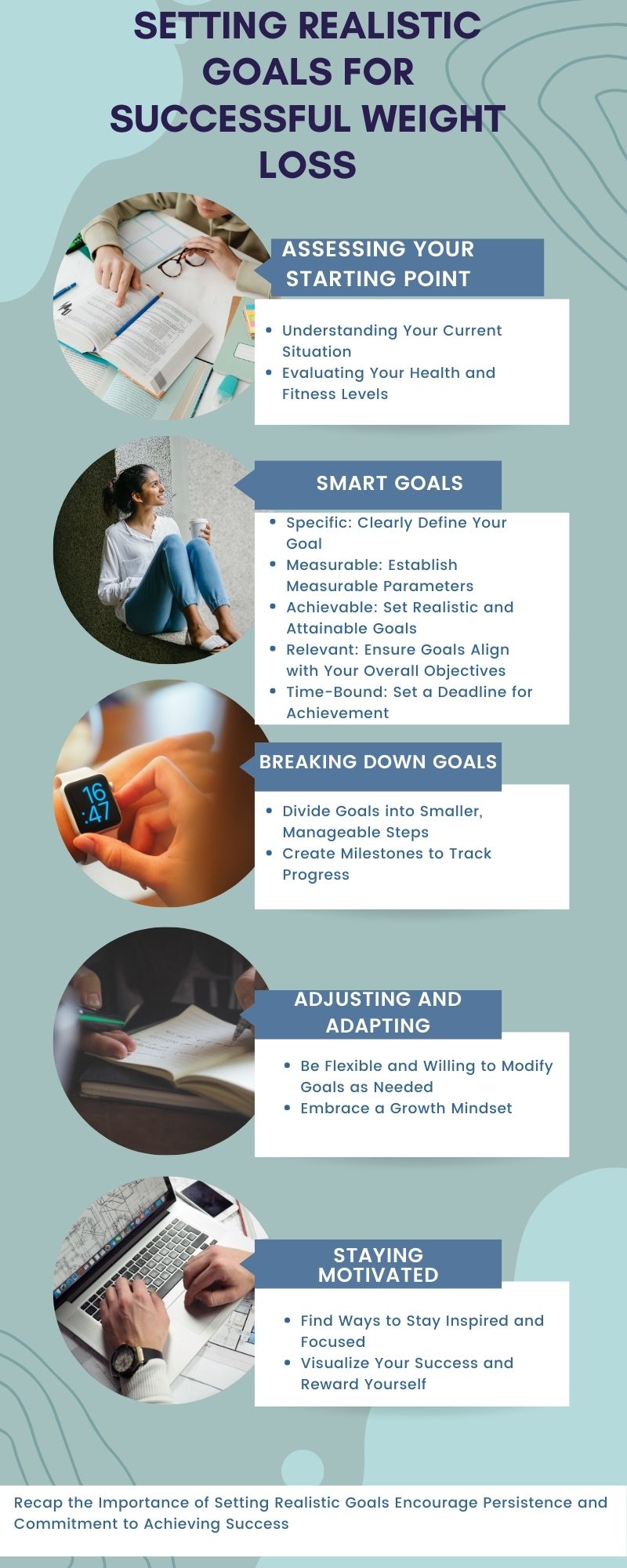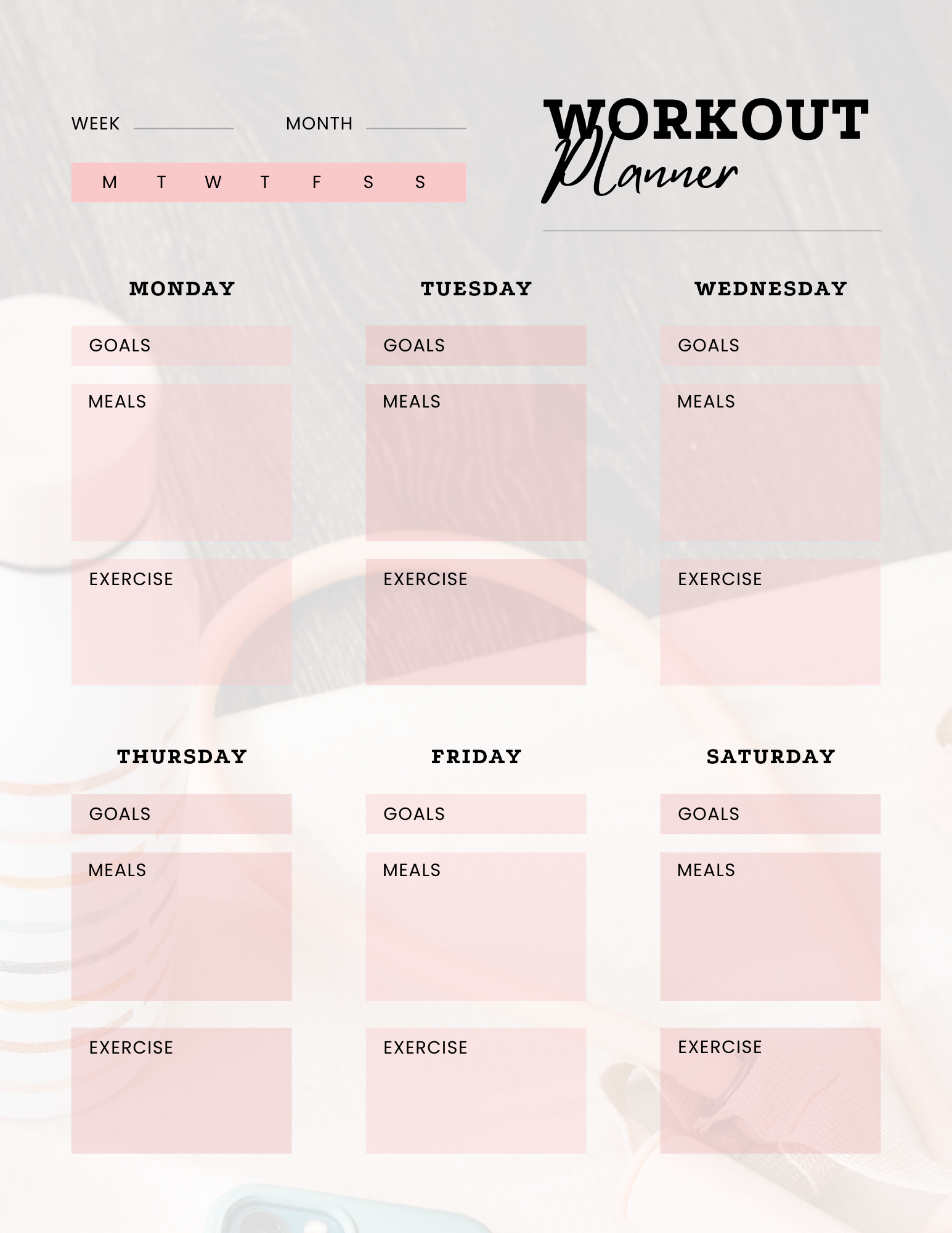Losing weight is a goal that many people have, and sometimes there is an urgent need to shed those extra pounds quickly. When saying “I need to lose weight fast, I don’t care how”, it’s important to approach weight loss in a healthy and sustainable manner. In this article, we will explore various strategies and tips that can help you achieve rapid weight loss while prioritizing your well-being and long-term success.
Table of Contents
Understanding the Importance of Rapid Weight Loss
When you find yourself saying, “I need to lose weight fast, I don’t care how “, it’s crucial to understand the significance of rapid weight loss. While immediate results may be desirable, it’s essential to prioritize your health and well-being throughout the process.
Understanding the significance of rapid weight loss is pivotal while thinking about its effect on people’s inspiration, wellbeing, and generally speaking prosperity. Fast weight reduction can give introductory force and advancement levels, helping inspiration to proceed with the weight reduction venture. It can likewise prompt mental advantages, working on fearlessness and self-perception. Moreover, it might emphatically influence wellbeing pointers, for example, pulse and cholesterol levels, lessening the gamble of related conditions. Rapid weight loss goes about as an impetus for way of life changes, provoking people to reexamine their propensities and take on better practices. Be that as it may, alert is fundamental, as fast weight reduction might bring about supplement lacks, muscle misfortune, and the requirement for long haul manageability. It is indispensable to focus on a fair methodology, guaranteeing sufficient supplement consumption, saving bulk through strength preparing, and progressing to manageable propensities. Underlining mental prosperity and looking for proficient direction add to a protected and successful quick weight reduction venture.
Setting Realistic Goals
To achieve rapid weight loss safely, it’s important to set realistic goals. When feeling the urgency of “I need to lose weight fast, I don’t care how”, remember that sustainable weight loss occurs gradually. By aiming to lose 1-2 pounds per week, you can strike a balance between rapid results and maintaining a healthy lifestyle. Realistic goals take into account individual factors such as current weight, health status, and lifestyle. By setting attainable targets, individuals can maintain motivation and avoid frustration or disappointment.

This allows for gradual, sustainable progress. Additionally, setting non-scale goals such as increased energy levels, improved fitness, or better sleep can provide additional motivation and a more holistic view of progress. By setting realistic goals, individuals can focus on developing healthy habits and making long-term lifestyle changes, rather than resorting to quick-fix solutions. Celebrating small victories along the way and regularly reassessing goals can help maintain motivation and ensure continued progress on the weight loss journey.
Incorporating Physical Activity
Exercise is an integral part of any weight loss plan. When seeking rapid weight loss and saying, “I need to lose weight fast, I don’t care how”, incorporating high-intensity workouts can help you burn calories effectively. Engage in cardiovascular exercises like running or cycling, as well as strength training exercises like weightlifting or bodyweight workouts. Aim for at least 150 minutes of moderate-intensity exercise or 75 minutes of vigorous exercise per week.
The Role of Diet in Rapid Weight Loss
Diet plays a crucial role in any weight loss journey, including rapid weight loss. When you feel the urgency of “I need to lose weight fast, I don’t care how”, focus on adopting a nutrient-dense, low-calorie diet. Include plenty of fruits, vegetables, lean proteins, and whole grains in your meals. Minimize the consumption of processed foods and sugary snacks to support your weight loss efforts.

Utilizing Intermittent Fasting
When you’re looking for rapid weight loss, intermittent fasting can be a useful approach. By restricting your eating window, you can reduce overall calorie intake. However, it’s essential to consult with a healthcare professional before starting any fasting regimen to ensure it aligns with your individual needs. Intermittent fasting involves cycling between periods of fasting and eating within a specific time window. The most common methods include the 16/8 method (16 hours of fasting and 8 hours of eating) or alternate-day fasting.
The primary mechanism behind intermittent fasting is calorie restriction. By limiting the eating window, individuals naturally consume fewer calories, which can result in weight loss. Additionally, intermittent fasting may have metabolic benefits, including improved insulin sensitivity and increased fat burning. Intermittent fasting can be a flexible approach that allows individuals to choose a fasting schedule that suits their lifestyle. It’s essential to stay hydrated and consume a balanced diet during the eating window to ensure adequate nutrient intake. As with any dietary change, it’s important to consult with a healthcare professional to ensure it aligns with individual needs and any underlying health conditions.
While intermittent fasting can be an effective weight loss strategy, it’s important to note that it may not be suitable for everyone. Individual responses to fasting can vary, and some individuals may experience side effects such as hunger, irritability, or difficulty concentrating. Listening to the body and adjusting the fasting schedule accordingly is key.
Staying Hydrated
Proper hydration is crucial for both overall health and weight loss. When you have the mindset of “I need to lose weight fast, I don’t care how”, drinking an adequate amount of water can help suppress your appetite, boost metabolism, and support the fat-burning process. Aim to drink at least 8 cups (64 ounces) of water per day, and replace sugary beverages with water to reduce calorie intake. When it comes to weight loss, staying hydrated can help control appetite and support portion control. Sometimes, feelings of hunger can be mistaken for thirst. By drinking enough water throughout the day, individuals can reduce the likelihood of overeating and make more mindful food choices. Furthermore, drinking water can boost metabolism and increase the number of calories burned. It has been found that drinking water temporarily increases resting energy expenditure, which can aid in weight loss.

Proper hydration also supports digestion and nutrient absorption, allowing the body to efficiently process and utilize nutrients from food. This can contribute to overall energy levels and optimize the body’s functioning during physical activity. In summary, staying hydrated is crucial for weight loss as it helps control appetite, supports metabolism, aids digestion, and promotes overall well-being. Incorporating sufficient water intake as part of a healthy lifestyle can contribute to successful weight management.
Prioritizing Sleep
When it comes to weight loss, sleep deprivation can disrupt hormone levels, specifically affecting two hormones related to appetite: ghrelin and leptin. Ghrelin, known as the “hunger hormone,” increases with sleep deprivation, leading to increased feelings of hunger and cravings. In contrast, leptin, the hormone that signals fullness, decreases, causing individuals to feel less satisfied after eating. This hormonal imbalance can potentially lead to overeating and hinder weight loss efforts.
Furthermore, lack of sleep can negatively impact energy levels and motivation, making it more challenging to engage in regular physical activity and adhere to a healthy eating plan. Fatigue can also increase the likelihood of choosing quick, unhealthy food options for convenience. To prioritize sleep, it’s essential to establish a consistent sleep routine, aiming for 7-9 hours of quality sleep each night. Creating a relaxing bedtime routine, optimizing sleep environment, and avoiding stimulating activities or electronic devices before bed can promote better sleep quality.
By prioritizing sleep, individuals can support their weight loss goals by regulating appetite hormones, boosting energy levels, and promoting overall well-being. Adequate sleep is a vital component of a healthy lifestyle and should not be overlooked in the pursuit of weight loss.
Managing Stress Levels
Stress can hinder your weight loss journey. High-stress levels may lead to emotional eating and poor food choices. Find healthy ways to manage stress, such as practicing mindfulness, engaging in physical activity, or pursuing hobbies that bring you joy. By prioritizing stress management, you can support your rapid weight loss efforts.
Moreover, stress activates the release of cortisol, a hormone that plays a role in storing visceral fat, particularly around the abdominal area. This type of fat is linked to an increased risk of various health conditions, including cardiovascular disease and type 2 diabetes.To effectively manage stress, it’s essential to identify healthy coping mechanisms. Engaging in regular physical activity, practicing mindfulness or meditation, pursuing hobbies, and seeking social support are all effective strategies. Additionally, ensuring a healthy work-life balance and setting boundaries can help reduce stress levels. By managing stress, individuals can support their weight loss goals by minimizing emotional eating, reducing cortisol levels, and promoting a positive mindset. Taking steps to prioritize stress management is not only beneficial for weight loss but also for overall physical and mental well-being.
Tracking Progress and Adjusting Accordingly
When you’re determined to achieve rapid weight loss and think, “I need to lose weight fast, I don’t care how”, it’s important to track your progress and make adjustments when necessary. Monitor your weight, body measurements, and take note of how you feel physically and emotionally. If you encounter plateaus or challenges, reassess your approach and make necessary changes to continue progressing towards your weight loss goals.

The Importance of Sustainability
While rapid weight loss may be desired, it’s crucial to emphasize sustainability. As you strive for rapid weight loss and say, “I need to lose weight fast, I don’t care how”, focus on developing healthy habits that you can maintain in the long run. By prioritizing sustainability, individuals can avoid the pitfalls of yo-yo dieting, where weight is lost and regained repeatedly. This pattern not only affects physical health but also has a negative impact on mental well-being and self-esteem.
Moreover, sustainable weight loss is more likely to result in long-term success. By making gradual, lasting changes, individuals can achieve their weight loss goals and maintain a healthy weight over time. Sustainable weight loss allows for gradual progress and the development of healthy habits such as balanced eating, regular physical activity, and self-care. It encourages a positive relationship with food and promotes overall well-being.
Building a Support System
Having a support system can significantly impact your weight loss journey. Surround yourself with individuals who encourage and motivate you. Join online communities or local support groups to connect with like-minded individuals who can share their experiences and provide valuable insights. By building a support system, you can find the encouragement you need when you’re determined to lose weight fast.Supportive individuals can offer motivation during challenging times and celebrate achievements along the way. They can provide emotional support, helping to navigate the ups and downs of the weight loss journey. Furthermore, a support system can provide practical assistance, such as workout buddies, healthy recipe ideas, or joining in physical activities together.
You can also join our community to loss weight and stay healthy for that contact us. Where we do one to one personal training and give them diet plan according to their body.
Seeking Professional Guidance
When you have the urgency of “I need to lose weight fast, I don’t care how”, it’s essential to seek guidance from a healthcare professional. They can assess your individual needs, provide personalized recommendations, and monitor your progress to ensure your safety and well-being. Consulting with a registered dietitian or physician is especially important if you have underlying health concerns.
Frequently Asked Questions (FAQs)
Q1: Can I achieve rapid weight loss by following these strategies?
Yes, by incorporating the strategies outlined in this article, you can achieve rapid weight loss while prioritizing your health and well-being.
Q2: Why is my stomach getting bigger but not gaining weight?
Possible reasons: Bloating, muscle definition, fat redistribution, fluid retention, medical conditions. Consult a doctor for concerns. For more information regarding on this topic click here.
Q3: Are there any potential risks associated with rapid weight loss?
Rapid weight loss may pose certain risks, including nutrient deficiencies and muscle loss. It’s crucial to prioritize your overall health and well-being.
Q4: Can I achieve rapid weight loss without exercising?
Exercise is beneficial for weight loss and overall health. While it’s possible to achieve some degree of rapid weight loss through dietary changes alone, combining exercise and a healthy diet is recommended for optimal results.
Q5: How can I maintain my weight loss after achieving rapid results?
Transitioning to a balanced and sustainable approach is key to maintaining weight loss in the long run. Focus on healthy habits, including a nutritious diet and regular exercise.
Conclusion
When you think, “I need to lose weight fast, I don’t care how,” it’s important to approach rapid weight loss with caution and prioritize your health and well-being. By following the strategies outlined in this article, which include adopting a nutrient-dense diet, engaging in regular exercise, practicing intermittent fasting, and seeking professional guidance, you can jumpstart your weight loss journey. Remember to set



Pingback: How to Lose Weight Fast Naturally and Permanently
Yes that’s true.
Pingback: 2 Veggies That Destroy Stomach Fat Overnight - Healthzl.com